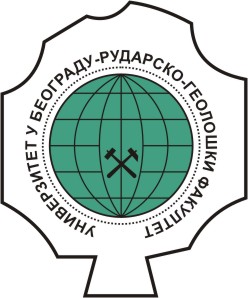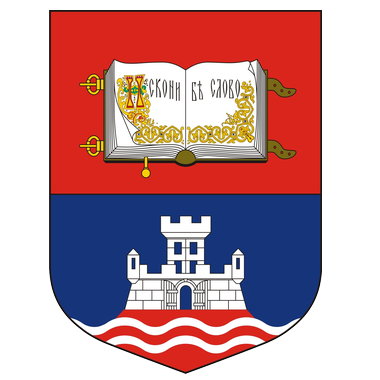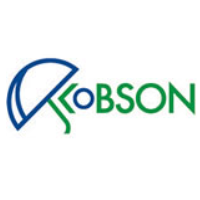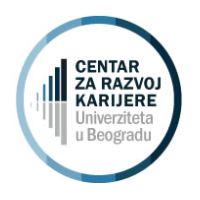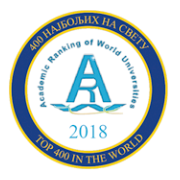Study program:
Environmental Engineering (X semester -MsC)
Mineral Processing (X semester -MsC) |
|
Name of subject: Water Treatment 1 |
Instructors:
|
|
Status: Optional |
|
ECTS: 6 |
|
Prerequisites: Physical and Colloidal Chemistry, Wastewater Treatment |
Course Objectives:
More detailed study of methods for processing of natural and wastewater with the aim of defining processing lines: drinking water, industrial use and water for boilers, industrial wastewaters, which enter the city sewerage or reservoir or are recycled, and ultimately municipal sewage . |
Learning Outcomes:
Training students to provide technological solutions for the processing of drinking water, industrial use, purification of industrial and municipal wastewater, to work on water treatment plants, and to design lines for processing later on. |
Content:
Theory teaching
Water in nature. Hydrological cycle. Natural water resources. Water consumption. Types of wastewater. Physicochemical parameters of the quality of natural and wastewater. Basics of sanitary microbiology. Selfpurification of water recipient. Oxygen balance in contaminated waters. Calculation of the required degree of wastewater treatment. Water treatment systems. Primary processing (screening (coarse and fine), removal of inert material, precipitation, filtration, flotation). Secondary processing: physico chemical (coagulation, flocculation, aeration, adsorption, ion exchange, membrane separation); chemical (precipitation, neutralization, oxidation); biological (biological filtration, active sludge, aerial lagoons, anaerobic processes) .Tertiary processing: removal of nitrogen and phosphorus. Probably sludge. Test I. Lines for processing natural water for drinking (coagulation, flocculation, precipitation, filtration, disinfection, deferralization, demanganization). Water treatment for industrial use. Thermal water softening. Chemical water softening. Softening the water with ion exchanger. Decarbonization. Demineralization. Industrial waste water treatment lines. Wastewater treatment plants. Test II. Practical teaching
Sampling of water. Physicochemical analysis. Electrodes for pH determining, pH determination; Neutralization of acid and base waters; Sedimentation of heavy metal ions from acid waters by the neutralization process; Eh-pH diagrams of Cu or Fe; Removal of ammonium ion by ion exchange (clinoplotlite). Chemical precipitation of phosphorus. Carbonate and non-carbonate hardness of water; calcium hardness; free carbonic acid content. Purification of water from ions of heavy metals by ion exchange and adsorption. Residue ( filtable; nonfiltrable). Determination of chloride in drinking water, Determination of Cu in water by colorimetric method, Seminar. Visits to water treatment plants (2). |
Suggested Reading List:
- Degrémont, Tehnika prečišćavanja voda, Građ. knjiga, Bgd., 1996.
- D.Ljubisavljević, A. Đukić, B.Babić, Prečišćavanje otpadnih voda, Građ. fak. Bgd., 2005.
- V.Rekalić, Analiza zagađivača vazduha i vode, TMF, Bgd., 1989.
- R.Ninković, L. Knežić, Lj.Kostić-Gvozdenović, N.Blagojević, V.Pavićević, Neorganska hemijska tehnologija, Praktikum, TMF, Bgd., 2005.
- L. Knežić, J.Baras, N.Blagojević, M.Mitrović, Obrada otpadnih voda, I deo, Mehanički i fizičko-hemijski postupci, Savez hemičara i tehnologa Srbije, Bgd., 1980.
- N. Krešić, S. Vujasinović, I. Matić, Remedijacija podzemnih voda i geosredine, RGF, Beograd,, 2006.
|
Conduct of the Course:
Lectures; practical teaching; independent laboratory work; conduct a laboratory log; seminary work |
Fund hours:
| Lectures |
Exercises |
Other forms of teaching |
Study research |
| 2 |
2 |
0 |
0 |
|
Assessment:
| Final Exam |
ECTS |
| Oral Exam | 40 |
| Classwork Assessment |
ECTS |
| Class Participationа | 8-10 | | практична настава | 10 | | лаб. дневник | 10 | | семинар-и | 10 | | тестови (два) и дом. задаци | 0-10х2 |
|
|
Additional Assessment Criteria: - |
|
|
